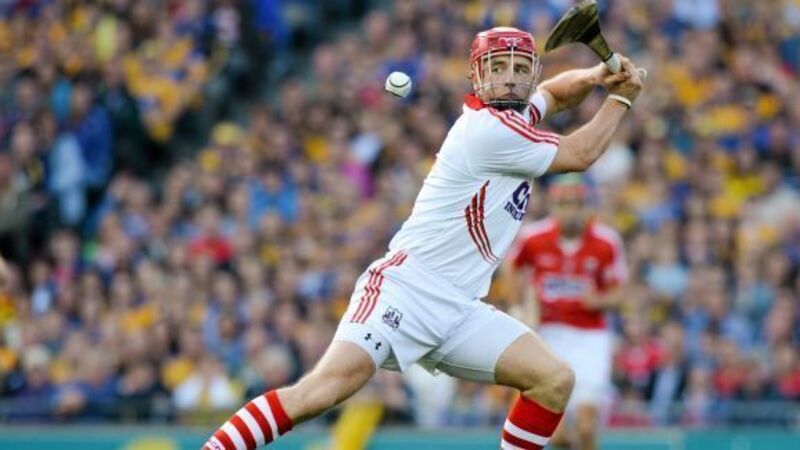Penalties will never be the same

For every action there’s an equal but opposite reaction, right?
When Eamon O’Shea said last month he preferred not to talk about penalties, we suspected he had an Anthony Nash or TJ Reid of his own up his sleeve for Limerick.












